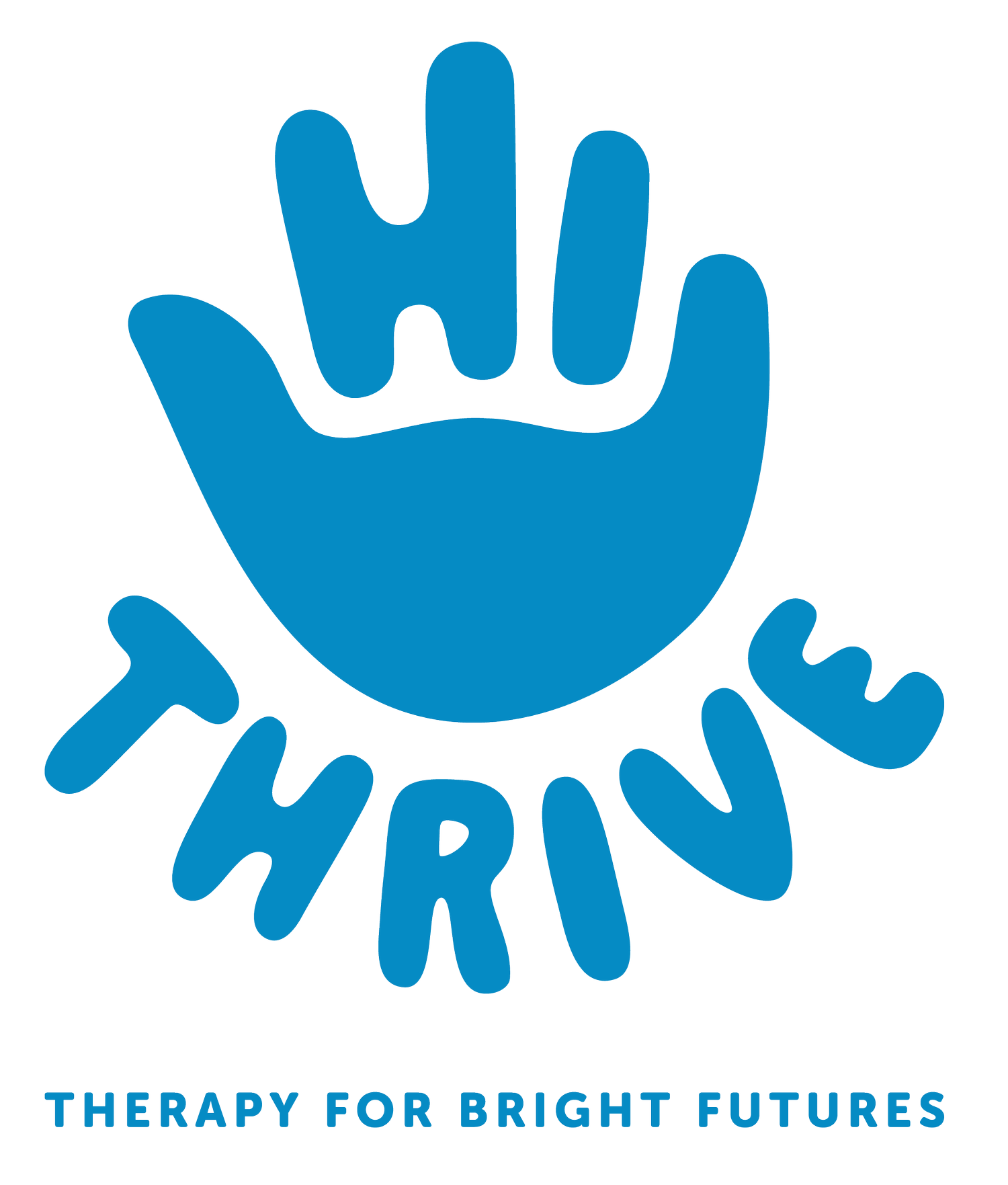Understanding Echolalia: What It Is, Why It Happens, and How Speech Pathologists Can Help
What is Echolalia?
Echolalia is the repetition of words, phrases, or sentences that a person has heard, either immediately after hearing them (immediate echolalia) or at a later time (delayed echolalia). It is frequently observed in early childhood development and is especially common in autistic children and individuals with other neurodevelopmental differences.
While echolalia was previously viewed as a sign of disordered language, current research recognises that it can serve many communicative functions and may represent a valid and meaningful part of a child’s language development.
Types of Echolalia
Immediate Echolalia refers to repetition that occurs right after a phrase is heard.
Delayed Echolalia refers to repetition that occurs after a time delay—hours, days, or even weeks later.
Both types may include entire phrases from familiar environments (e.g. books, TV shows, or caregivers), and often carry intention or emotional meaning, even if this is not immediately obvious.
Echolalia and Gestalt Language Processing (GLP)
Some children—particularly autistic children—develop language using a pattern known as Gestalt Language Processing. Rather than learning single words first, they learn and use entire “chunks” or scripts of language (gestalts). Over time, these gestalts may be broken down and recombined into more flexible, self-generated speech.
This developmental pathway is recognised as valid and natural for many neurodivergent individuals, and supports a broader understanding of how language can emerge in different ways.
When is Echolalia a Concern?
Echolalia on its own is not necessarily a cause for concern. However, speech pathology input may be helpful if:
The child appears frustrated when trying to communicate
There is limited spontaneous or flexible language beyond echolalia
Communication is difficult to interpret across settings or people
Other developmental or sensory differences are present
A speech pathologist can assess whether echolalia is part of a typical developmental trajectory or if further support is recommended.
How Speech Pathologists Can Help
Speech pathologists trained in neurodiversity-affirming approaches work with children who use echolalia by:
Identifying the communicative function of echolalic phrases
Supporting language development through naturalistic, play-based strategies
Respecting the child’s current communication style while building toward greater flexibility and independence
Collaborating with families to increase understanding and reduce communication-related frustration
Importantly, the goal is not to eliminate echolalia, but to understand its purpose and build upon it.
A Neurodiversity-Affirming Perspective
In a neurodiversity-affirming practice, echolalia is not treated as a “problem” to fix. It is recognised as a meaningful form of communication and a potential building block for future language development. Therapy is tailored to each child’s unique strengths and needs, with the aim of increasing autonomy, connection, and clarity in communication.
Summary
Echolalia is a common and meaningful part of language development in many children, particularly those who are autistic or neurodivergent. Understanding its function and supporting children in ways that are respectful, evidence-informed, and family-centred can help promote strong, functional communication.
If you have concerns about your child’s language development or would like to learn more about how speech pathology can support echolalic communicators, get in touch with our team today.
